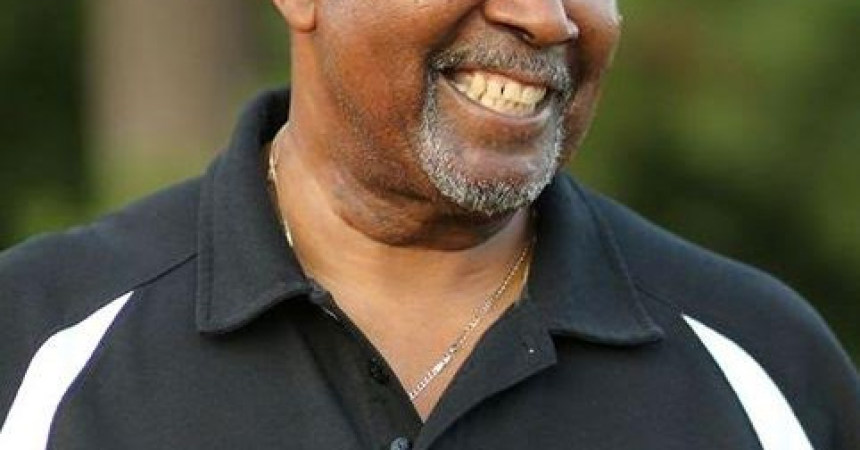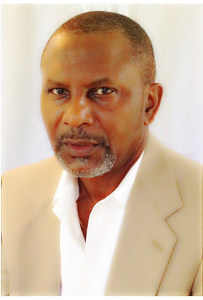
Retirement doesn’t mean Greg Grady is done

By St. Clair Murraine
Outlook staff writer
Coaching a high school basketball team isn’t out of the question as far as what’s in Greg Grady’s future after retirement.
Grady didn’t sound anything like a man who has given 33 years of his life as an administrator at four community centers in Tallahassee. The last of two retirement celebrations passed about a month ago now.
Plenty of time on his hands now. Plenty of time to think.
Things like refereeing and public speaking are a few of the things he thinks he could do in retirement.
He’s not bored, mind you.
“I just want to do something I would actually like and excel at,” he said.
Reality is settling in with so much time on his hands, though. It’s got to be a little difficult for a guy whose curriculum at all of the centers where he worked turned supervising a community center on its head.
Grady wasn’t just about running off a list of activities for the boys and girls who went to his centers. Jazz, gospel concerts and annual Black History programs were the norm as well.
For all that he’s done, nothing matched the impact that Grady had on young people who came through his centers. He was a father-figure, mentor and life coach for thousands.
“Probably why we are who we are today,” said 46-year-old Randy Martin, one of Grady’s first protégés. “In some cases, we owe a lot to Greg Grady.”
For many, Grady, 63, was their “super hero.” He was a man with a broad smile that he’d often use to get the attention of most inattentive.
Once he did, Grady would teach. His lessons were affective.
“A lot of people see what they think is what’s going on, but only a few really know,” Martin said. “Grady is one of those who always knew.”
He knew a lot about basketball and was good enough to play in the old ABA after leaving FSU in 1976. He’d only get offers in Europe, though.
Grady just didn’t get the exposure at FSU that would have made him at least a prospect when the ABA became the NBA at the time.
When he moved to Tallahassee to play basketball at FSU, as an 18-year-old from Brooklyn, N.Y., Grady already had the manual on how to achieve as much as he has. He just didn’t know all the time he was watching his father doing for others would influence him.
“I liked the way he could hold people’s attention,” Grady said. “He had a great voice and he demanded respect. He knew what he was talking about and that’s the thing that I liked.”
What he’d seen in his dad began to resonate when former Boston Celtic star Same Jones visited the Brooklyn community center where Grady honed his basketball skills. With every word that Jones spoke, a hush came over the center.
“We all wanted to be like him,” Grady recalled. “I wanted to be like him, somebody who could stand in front an audience.”
He’s done just that countless times in his three decades of molding young people.








